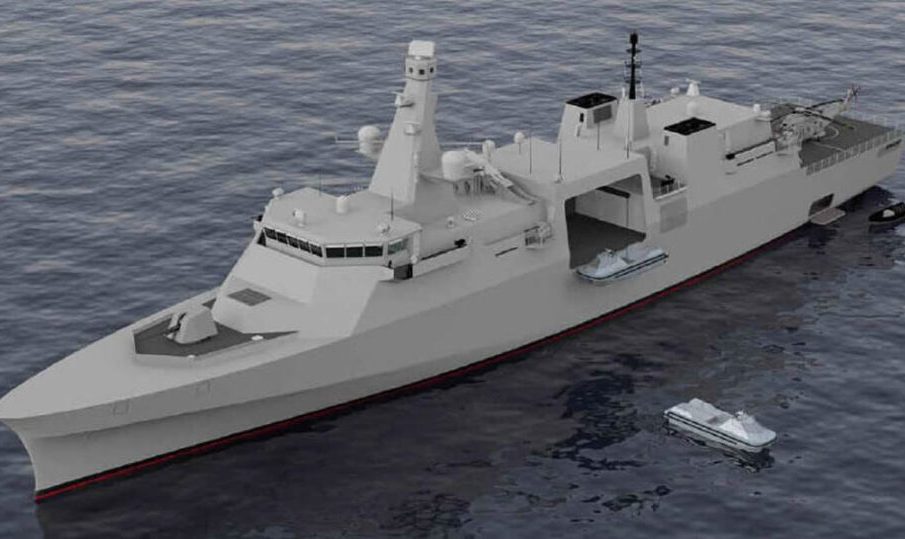The Role of the Navy in Modern National Security

Introduction
The navy plays a critical role in maintaining national security and projecting power across the globe. As geopolitical tensions rise and the importance of maritime routes grows, understanding the significance of a strong naval presence becomes essential. This article will delve into the current state of navies worldwide, their roles in regional security, and future trends impacting naval forces.
Current Naval Capabilities
Naval forces have evolved dramatically over the past few decades, with advancements in technology leading to more sophisticated ships, submarines, and aircraft. According to recent reports from the International Institute for Strategic Studies (IISS), the total number of naval vessels globally has increased, with countries like the United States, China, and Russia leading the way in naval capabilities. The U.S. Navy remains the largest and most advanced, operating a variety of ships including aircraft carriers, destroyers, and submarines designed for different operations.
Navies in Regional Security
Navies are instrumental in maintaining order and stability in crucial maritime regions. For instance, tensions in the South China Sea have seen increased naval presence from China, the United States, and regional allies as they assert rights over disputed waters. Furthermore, the U.K.’s recent deployment of naval vessels to the Indo-Pacific demonstrates a commitment to freedom of navigation and allied cooperation in the face of rising authoritarianism. Naval exercises, such as those conducted by NATO in European waters, aim to enhance interoperability among member states and deter potential aggressors.
Future Trends and Challenges
The future of naval warfare is likely to be shaped by several factors, including the incorporation of unmanned technology, cybersecurity concerns, and the impact of climate change on naval operations. As navies adapt to these challenges, investment in research and development will be key to maintaining a competitive edge. Moreover, the increasing recognition of the need for sustainable naval operations is driving innovation in ship design and energy use.
Conclusion
In summary, the navy is an indispensable element in safeguarding national interests and ensuring maritime security. With geopolitical tensions on the rise and new technologies emerging, the evolution of naval forces is expected to continue. For citizens and policymakers alike, understanding the importance of the navy is crucial in navigating the complexities of modern security dynamics.









